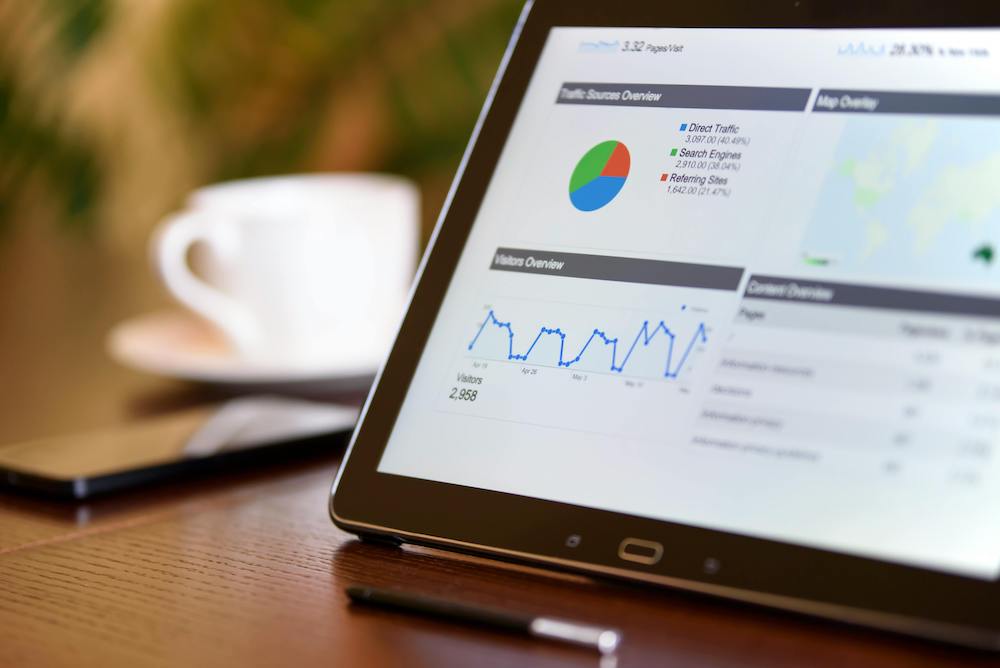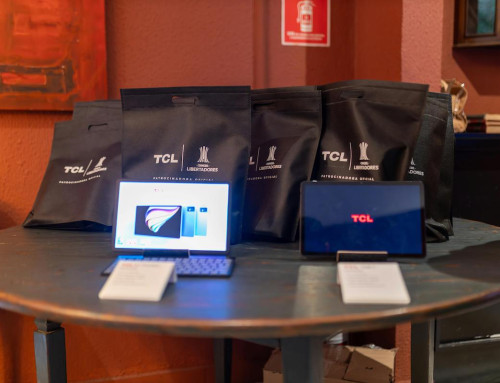The duties of HR professionals cover such a wide range of tasks that a typical workday in the HR department can become frustrating. Yet this doesn’t have to be your experience.
With a comprehensive system to manage all your HR functions, like Aluminate for Enterprise, you will handle all tasks smoothly and professionally. There are several types of human resource management systems to choose from. The one you choose should meet your organization’s particular needs.
If you are new to HR or looking for a system to streamline your processes, this guide is for you. You will learn about how the different types of HR systems will affect your business and how to choose the right one for your needs.
What are HR systems?
An HR system manages the employee’s life cycle, from recruitment and onboarding to retirement and offboarding, as well as everything along the way.
That includes the hiring process and training stage, employee engagement measures, employee performance assessments, and payroll and benefits administration. However, there are different business types and sizes, and their HR roles may differ or include more or fewer duties than others.
Fortunately, there are different types of HR systems to manage it all, and the HR technology industry is continuously evolving. The key is to find the one that works best for your team and your company.
The 3 main types of HR systems
Before you can decide which of the HR systems is right for you, you need a clear understanding of the types of HR systems commonly used today.
1. Human Resource Information System (HRIS)
The Human Resources Information System (HRIS) is one of the most popular types of HR systems used today. HRIS serves as a central database in workforce management through the various administrative HR functions.
However, HRIS systems can be operational, tactical, or strategic HRIS, and they all have advantages.
- A tactical HRIS system supports specific functions, for example, recruiting and onboarding or performance management. It is a specialized HRIS that allows you to focus on core HR functions.
- An operational HRIS supports daily HR operations and streamlines routine HR tasks such as payroll or benefits admin.

- Strategic HRIS systems are more data-focused and support strategic planning for improved employee satisfaction and engagement.
It is possible to incorporate a more comprehensive HRIS system, bringing all these together. However, a limited function HRIS is a favorite among small businesses with limited staff and fewer needs.
2. Human Resource Management System (HRMS)
Management systems that offer a high degree of automation make things easier for smaller HR teams. Often, a suite of software applications may be necessary to handle each task assigned to you. That is the basic premise of the Human Resource Management System (HRMS).
The HRMS system is not just one type of HRMS software. It is typically a suite of HR software applications and specialized HR tools designed to manage human resources throughout the employee lifecycle. It automates and streamlines HR workflows, making the management of HR tasks quick and easy.
3. Human Capital Management (HCM)
Human Capital Management (HCM) revolves around attracting and retaining the top talent for an organization. It entails not only recruitment and onboarding/employee training but also the engagement and nurturing of those new hires to improve employee retention.
HCM systems thus generally include a talent management system and other HR software designed to develop potential and increase productivity and efficiency. It is focused more heavily on the people than the processes, although it still handles many of the same tasks that other systems do.

How to choose the right HR system
To choose between the different types of HR systems and software available, consider these factors:
HR software solutions should be flexible and scalable
An HR software system must be flexible enough to fit your specific business needs and adapt to new ones that arise. It should also be scalable enough to stay in step with your company’s growth.
Aluminate for Enterprise is one of the most customizable HR software platforms worldwide. Each user sees personalized content accessible from the digital dashboard tailored to their unique needs and interests. It can meet different uses, not only for HR and alumni management but also for engaging with your company’s external stakeholders.
A user-friendly interface
It must be easy for the whole team to adopt the new HR system with minimal training while being accessible to those outside the HR team. That makes it suitable for sending important announcements, collaboration, team bonding, networking, and more.
The Aluminate platform offers features that help both HR teams and the employees they serve. Examples are our digital library as a repository of training tutorials or HR guidelines. Our groups and virtual chat features facilitate better peer-to-peer communication and open the door for mentoring activities.
Insights and analytics facilitate better services
Data analytics and the insights they give you offer direction on how to keep employees engaged. When you can easily see which features are the most popular, you will know which ones resonate more with employees. By pinpointing the under-utilized features, you can take steps to make them more appealing.
You will enjoy analytics and insights on the Aluminate Community Builder, helping you manage data securely and steward your online community more effectively. You will find managing your corporate alumni network and current employees easier with data-driven insights.

Security is essential for handling employee data
No matter how useful your team finds your system or how engaging employees find it, everything falls apart without good security. As an HR professional, you must manage employee data respectfully and confidentially, so choose a system that meets data privacy regulations.
Aluminate provides a safe and secure environment for your online community and employee data. It is GDPR-compliant, and users can store all data in a location of their choice.
So whether you use your HR system primarily as an applicant tracking system, for performance management, or for employee training, your data management will be safe and secure.
Manage your HR processes and build your corporate community with Aluminate for Enterprise
Despite the variety of HR systems and HR software types available, there are a few essential features. You can’t go wrong with a system that is flexible, scalable, user-friendly, and secure, with the analytical insights needed to improve your processes.
Aluminate for Enterprise is the perfect platform for building your corporate community, collating employee data, and enhancing performance management while managing your day-to-day HR processes. Use it to stay connected to your corporate community members, recruit top talent, keep employees engaged, and so much more.
Request a demo today and learn what Aluminate for Enterprise can do for you.





